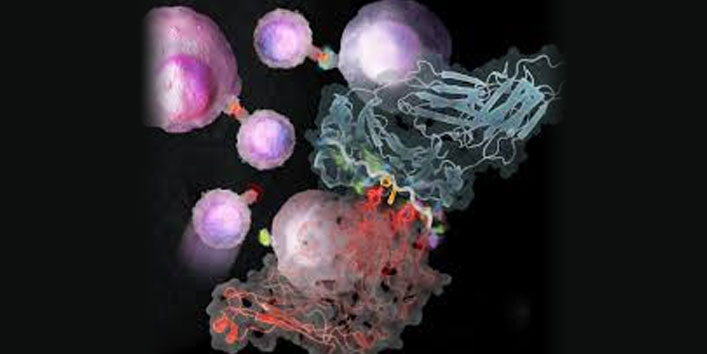With the current health crisis, it is a good time to discuss the relation between the keto diet and the immune system. Let us find through this whether the keto diet is good or bad for your immune system. This article is based on the CDC and scientific papers, which investigates how keto might affect the immune system. Also, read on to find the proven ways to boost your immune system with a keto diet and reduce the chances of getting sick.
Does the keto diet boost the immune system?

We are in the early process of studying the importance of keto for the immune system, but the results seem promising. The keto diet limits the availability of glucose in the body which in turn leads to switch to fatty acid metabolism. In the keto diet, meals usually include a variety of poultry, meat, fish, and non-starchy vegetables. You can also try keto diet for weight loss and good metabolic health.
Benefits of boosting the immune system with the keto diet
1. Protects against Flu

A recent study published in the Science Immunology Journal showed that mice feeding on high fat and low-carbohydrate diet have fewer chances of contracting a lethal influenza infection. The ketogenic diet promotes the expansion of gamma delta T or γδ T cells in the windpipe. These cells secrete mucus in the lung linings, which helps the body to fight against infectious agents. Researchers observed that γδ T cell supports barrier function in the lungs by changing the function of the epithelial cells in the airway.
Researchers also revealed that the keto diet inhibited the formation of inflammasomes that can cause harmful immune system responses. The study also showed that the survival rates of mice having a ketogenic diet were higher than the mice who fed a high carbohydrate diet.
2. Protects immune cells

A recent study published in the journal Nature Reviews Endocrinology showed that the ketogenic diet feeding for one week in mouse is an important mechanism that reduces inflammation and promotes metabolic outcomes. Researchers also fed mice normal chow diet (calories – 58 percent carbohydrates, 24 percent protein, and 18 percent fat) or the ketogenic diet (calories – 0.1 percent carbohydrates, 10.4 percent protein, and 89.5 percent fat) for a week.
They study showed that the frequency of γδ T cells increased after feeding on a ketogenic diet. Further research showed that the γδ T cells are metabolically protective. In short, the ketogenic diet might improve autistic behavior, strengthens immune cells, and offers protection against malignant glioma and flu. The ketogenic diet has a lot of research-based pieces of evidence that prove its immunity benefits.
3. Promotes maternal immune activation

A study published in the PLOS One journal revealed that the ketogenic diet improves behavior in the maternal immune activation model of autism spectrum disorder or ASD. ASD incidence in children is affected by prenatal factors like maternal immune activation or MIA, which can occur due to bacterial or viral infection during the first trimesters.
The pregnant mouse was injected with viral mimic polyinosinic-polycytidylic acid to release MIA. After weaning, the offspring were given the ketogenic diet for 3 weeks. The increased incidence of ASD phenotype in the males, control diet-fed male offspring weren’t social and showed high level of self-directed behaviors, and the female offspring were found unaffected. But the ketogenic diet reversed MIA-induced behavioral abnormalities in the males, without affecting behavior in the females. The result of the study suggested that the keto diet can be used in the treatment for ASD symptoms.
4. Boosts immunity against malignant glioma

A study published in the BMC Cancer Journal revealed that the keto diet promoted immunity in the mouse model of malignant glioma. Researchers showed that the mice fed with a ketogenic diet showed increased tumor-reactive innate and adaptive immune response, including elevated cytokine production and cytolysis with the help of tumor-reactive CD8+ T cells.
Mice feeding on the keto diet had more number of CD4 T cells infiltration, while T regulatory cell count remained consistent.
A reduction in immune inhibitory receptor expression and lower inhibitory ligand expressions on glioma cells were observed in the mice fed with the ketogenic diet.
These observations suggest that the ketogenic diet can act as an immune adjuvant, triggering a tumor-reactive immune response in the microenvironment by minimizing immune suppression.
